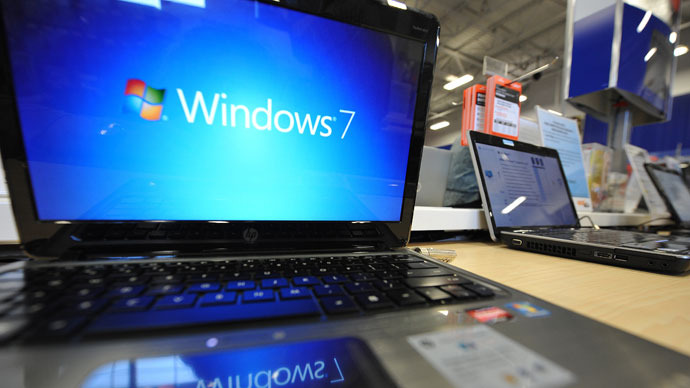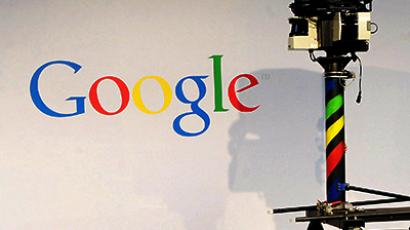Windows open: Microsoft reveals tens of thousands of users data disclosed

Microsoft received 75,378 government requests in 2012 to disclose user information, a report reveals. The company joins the likes of Google, which handed over troves of user data to governments last year, raising concerns over privacy violations.
The software giant claims the requests come from the FBI and as such the disclosure of the information can be justified.
Microsoft revealed in its transparency report it had disclosed data pertaining to 137,424 user accounts at the behest of world governments. Microsoft maintains that actual “customer content” was released in only 2.1 per cent of cases.
However, names, email addresses, user names and locations, which the company classifies as ‘non-content’, were released in 79.8 per cent of cases.
Most of the requests to reveal user information over the past year originated in the US, UK, Turkey, Germany and France.
“However, we only disclose data in 46 countries where we have the ability to validate the lawfulness of the request,” said a company spokesperson.
"In recent months, there has been broadening public interest
in how often law enforcement agencies request customer data from
technology companies and how our industry responds to these
requests," Microsoft general counsel Brad Smith said.
Stressing the company’s commitment to transparency, he added that Microsoft was following suit with companies like Google and Twitter, which had “made important and helpful contributions to this discussion by publishing some of their data.”
Google was first off the mark and has published a transparency report three years running, detailing the quantity of information handed over to government agencies. It also claimed to have received request letters from the FBI as part of terrorism investigations.
Last week a judge in the US ruled that the use of such letters went against the American constitution because it bypasses the rights of the individual involved. However, the judge allowed the measures to remain in place pending appeal.
Skype surveillance
Microsoft has come in the firing line before for its
surveillance practices regarding popular telephony tool Skype,
which the company acquired in 2011. Earlier this year a group of 44
privacy and free expression groups wrote an open letter to
Microsoft, urging them to publish a transparency report on how
exactly the company uses private information in government
surveillance.
“We believe that this data is vital to help us help Skype’s most vulnerable users, who rely on your software for the privacy of their communications and, in some cases, their lives,” read the letter.
Eva Galperin from the Electronic Frontier Foundation told Forbes
she was “a little suspicious of the language” used in the
transparency report regarding Skype and is concerned that Skype may
have provided the government with a backdoor to eavesdrop on
conversations without consulting Microsoft.
“This doesn’t exclude the possibility that Microsoft used
cryptographic means to undermine a users’ security and allow law
enforcement to perform their own wiretap,” Galperin told Forbes
magazine.













